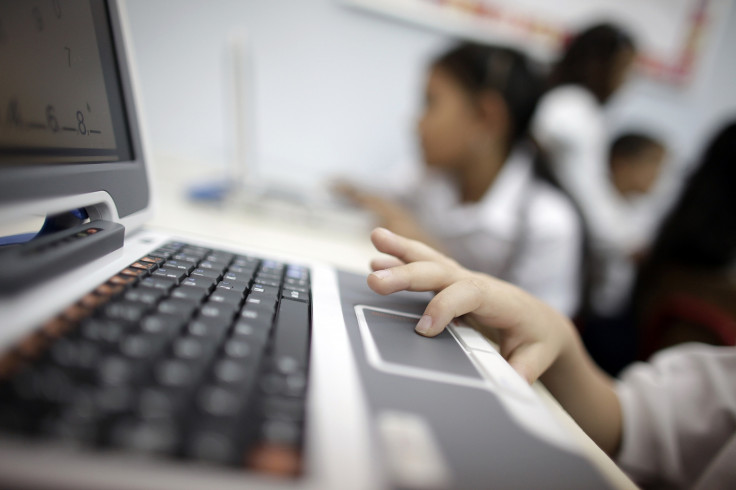Teaching Children Online Safety 'As Important as Crossing The Road', Says Marie Collins Foundation

Educating children about being safe online is as fundamentally important as teaching them how to cross the road, says head of online child abuse charity, and parents must be aware of this from birth.
This is the message from Tink Palmer, chief executive officer of the Marie Collins Foundation, which this week announced a joint initiative with BT to radically improve the way police, social services and education sector deal with sexual abuse of children online.
Talking to IBTimes UK, Palmer said teaching children about the dangers of communicating online is "absolutely" the same as road safety and telling a child not to run with scissors. "It should be there from the start because you cannot divide what is online and offline, no child understands that."
Called Click: Path to Protection, the initiative will see changes in the way the police, social services and education deals with online child sex offences and grooming of young people, after research found 95% of frontline employees said they need to be better informed on the matter.
While the police now plan to approach abuse victims with increased care and sensitivity, education also needs an overhaul. Palmer explained that young children need to be better informed about the dangers of communicating online. "With grooming the difficult point is about 11 [years old]. Most of the children I've worked with are presented to me when they are about 14, but before then they have been groomed gradually from about 11 onwards.
"For education this means we need to go back two years to when they are about nine, before they go to secondary school, we need to be really ensuring that they understand about it."
But then Palmer says the education needs to go back further, to new parents who should receive information about staying safe online when they leave hospital after their child is born. "It starts from within the womb," Palmer urged.
As they grow up, Palmer asks that children be invited to talk with their parents about what they do online in the same way they do about offline activities, and only once the conversations about online and offline lives became equally important will progress be made.
Because of the internet and how easy it makes seeing inappropriate content, Palmer asks parents to understand that their children will grow up differently to those of their generation.
"We have to assume that children [now] will see things that children from my generation would never, ever see. So it's no good saying 'well my child probably won't [see harmful material]' because your child probably will.
"You need to equip your child so that they don't feel bad about telling you about [what they see and do online]. And the most important thing in the whole world of child safety is that parents need to have a discourse with their online activity from the start."
© Copyright IBTimes 2025. All rights reserved.






















